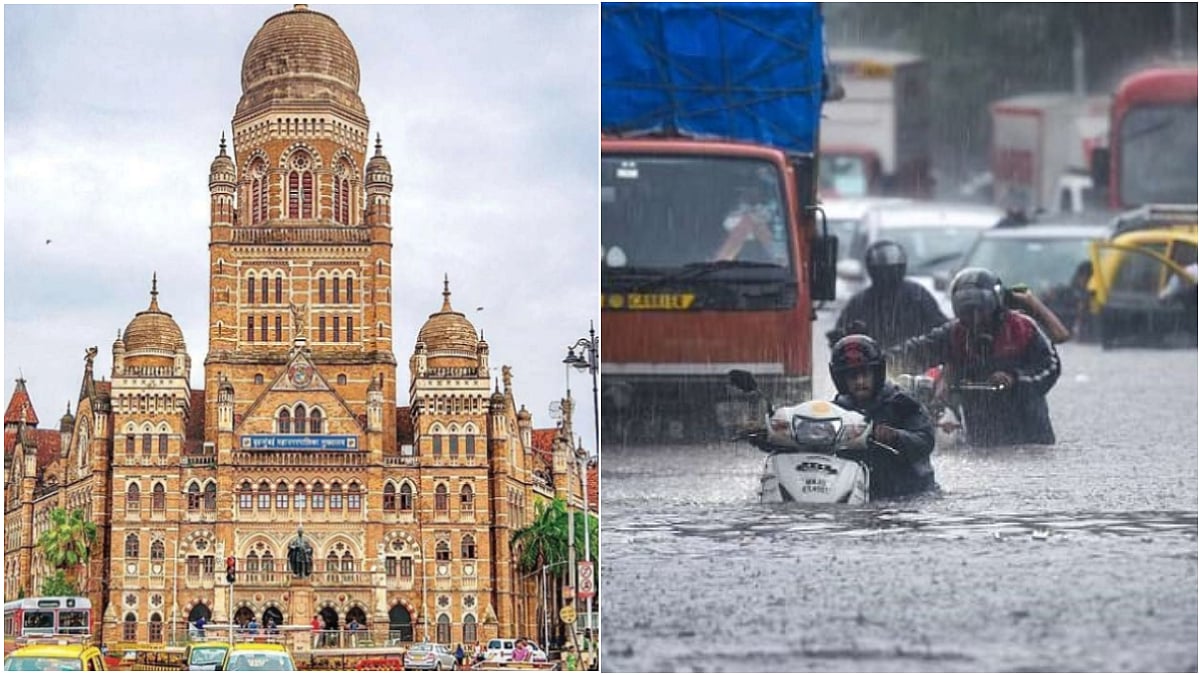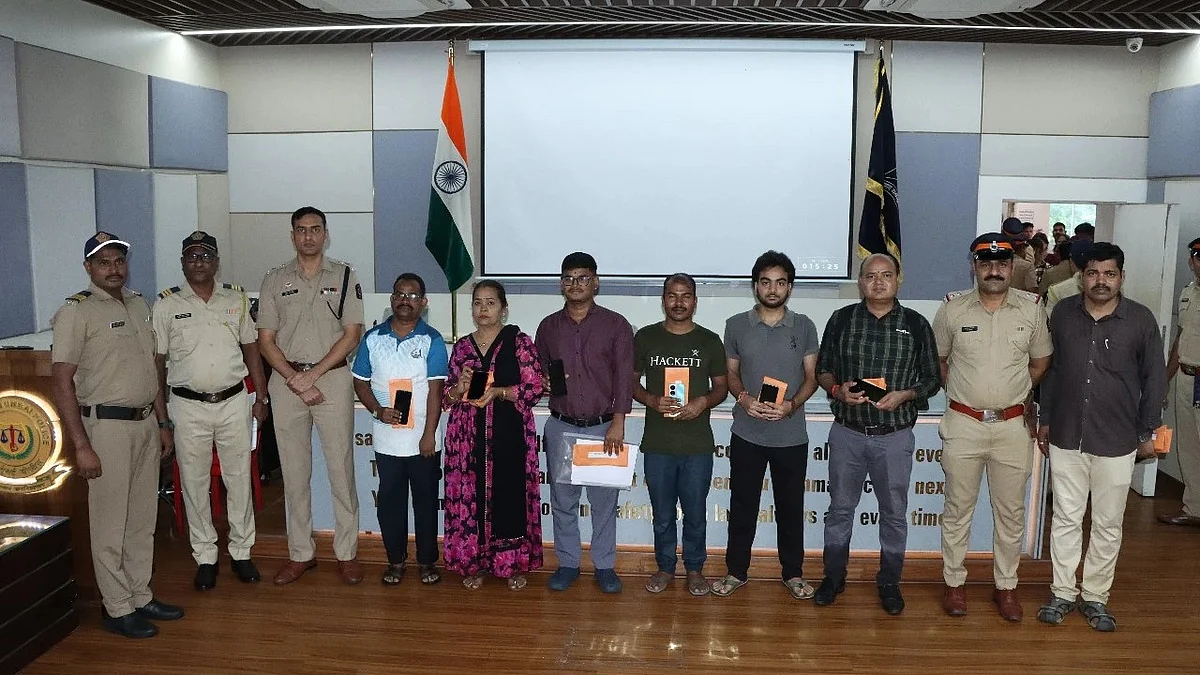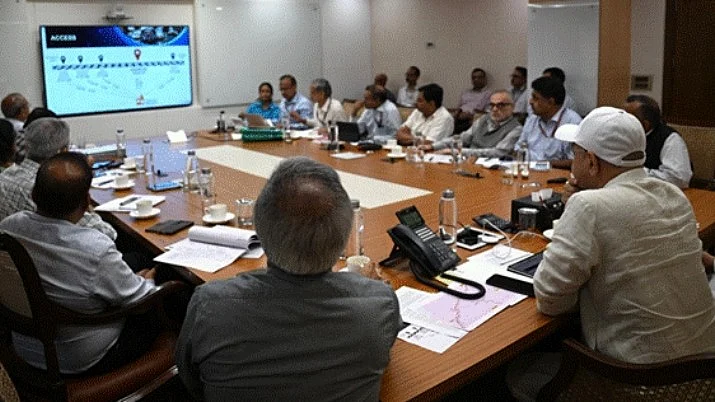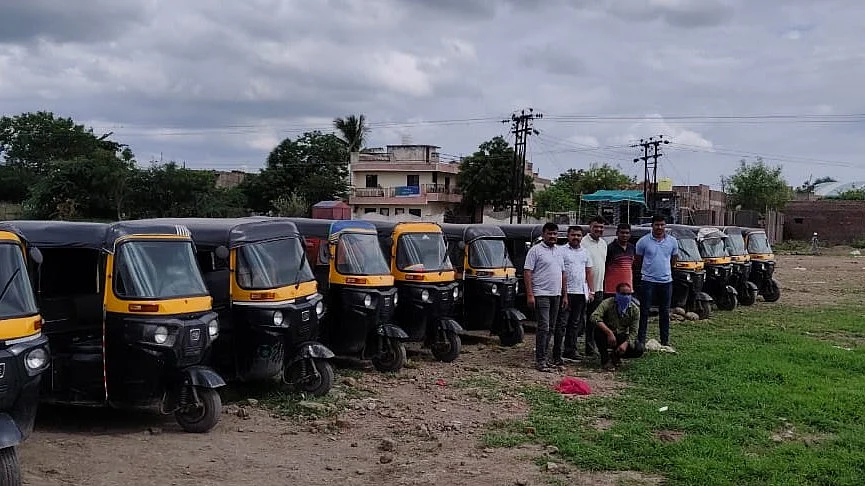Mumbai: To enable Mumbai to handle rainfall crossing 100 mm per hour, the BMC will submit a master plan to National Disaster Management Authority (NDMA). The plan is been prepared in coordination with the Indian Institute of Technology (IIT) and is expected to be submitted in July. Currently, Mumbai's storm water drainage systems is designed to handle only 55 mm rainfall per hour.
Acknowledging, the recurring flood crisis in Mumbai, the NDMA, under the ministry of Home Affairs, had allocated Rs 500 crore last year to BMC to implement the flood mitigation measures. After the civic body submits the new proposal, the NDMA will provide additional funds to the BMC.
To make Mumbai rain-ready, the major project includes construction of four new pumping stations. The total cost of the project is around Rs 5,000 crores. The four new pumping stations includes: One each at Maharashtra Nagar and Dharavi T-Junction (small stations), and one each at Mahul and Mogra (large pumping stations). Currently, there are nine small pumping stations in Mumbai and six large pumping stations.
"It is a long term project. The pumping stations at Mahul and Mogra were delayed because of land acquisition issue. However, the matter is solved for Mahul now and work will begin soon. We are preparing the plan along with IIT for flood mitigation measures, which is expected to be completed this month. We are hopeful that NDMA will grant additional funds to BMC," said Additional Municipal Commissioner, Abhijit Bangar.
A meeting was held by Mumbai Suburban Gaurdian minister Ashish Shelar on Wednesday where he said, "In light of increasingly intense rain events, a new, separate master plan must be created to handle rainfall exceeding 100 mm per hour. The NDMA will provide additional funds to support this initiative."
"In the first phase, Rs 500 crore has been allocated by the central government to the BMC to implement immediate flood-mitigation measures. The NDMA has also instructed the BMC to prepare a detailed action plan based on real-time assessments of the city’s flood-prone areas. The draft plan prepared by the BMC is currently under review by an expert panel from IIT," Shelar added.
According to BMC study, the city receives heavy rainfall averaging 16 to 20 days annually, with more than 100 mm of rain falling in an hour during some of these days. From 2014 to 2019, rainfall peaked at 131 mm/hour, and on May 19 this year, it reached 182 mm/hour.
Before the July 26, 2005 deluge, Mumbai’s stormwater drains had a capacity of 25 mm/hour. Following the Chitale Committee’s recommendations, this was upgraded to 55 mm/hour. However, with rainfall now frequently exceeding 100 mm/hour, further capacity enhancement is essential.
Minister Shelar also instructed officials to prepare this comprehensive plan in coordination with authorities like Railways, Metro and MMRDA. He directed that the final report be completed within the next one month.







